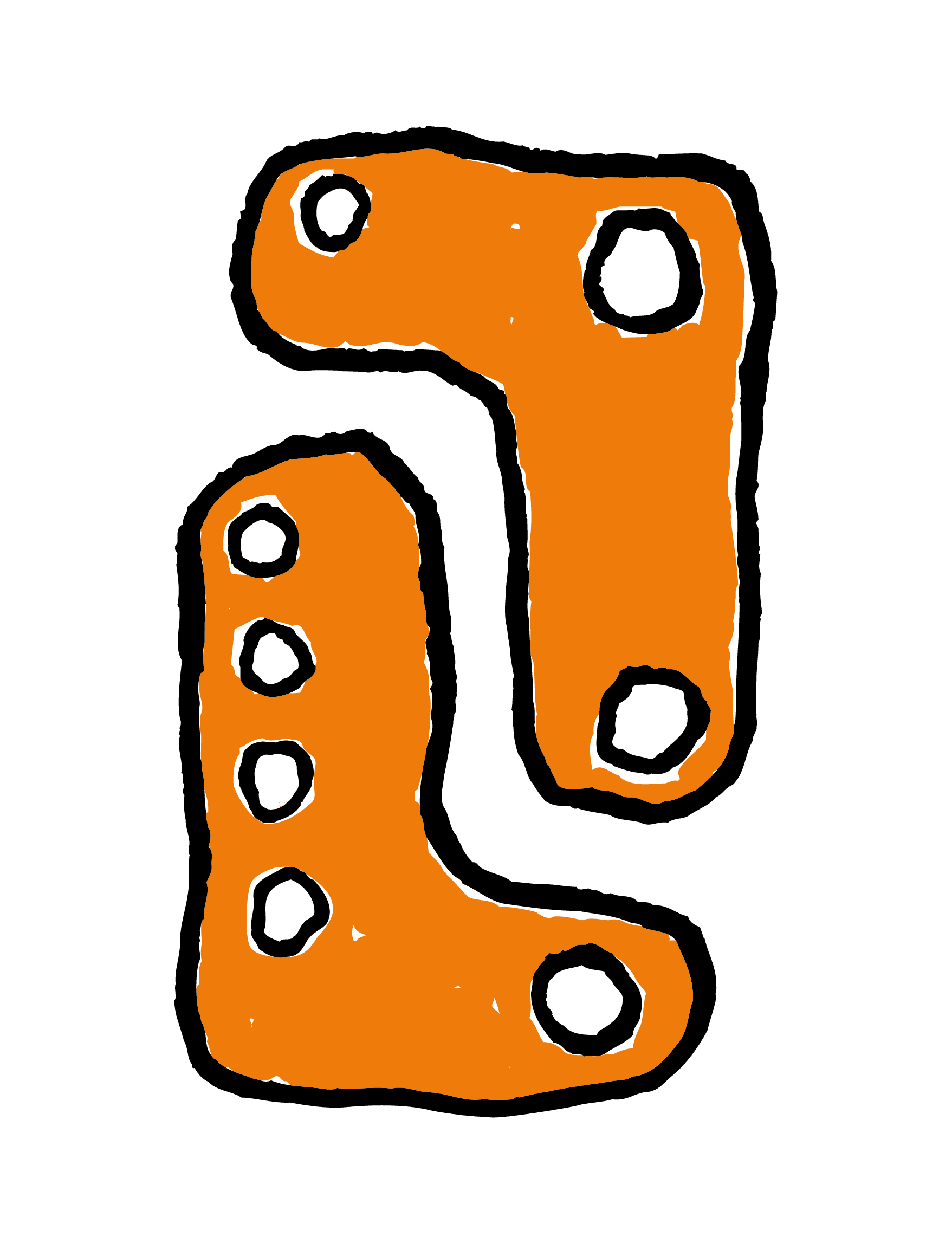Where we work
Netherlands
Facts about Netherlands
Population: 17.5 million
Area: 41,865 km2
Climate: Mild maritime climate
Capital: Amsterdam
Currency: Euro
People: Dutch 75.4%. Immigrants: Western background 10.6%, Non-western background 14%
Main Languages: Dutch
Religion: 54.1% No religion, 38.3% Christianity, 5.0% Islam, 2.6% Others
Area: 41,865 km2
Climate: Mild maritime climate
Capital: Amsterdam
Currency: Euro
People: Dutch 75.4%. Immigrants: Western background 10.6%, Non-western background 14%
Main Languages: Dutch
Religion: 54.1% No religion, 38.3% Christianity, 5.0% Islam, 2.6% Others
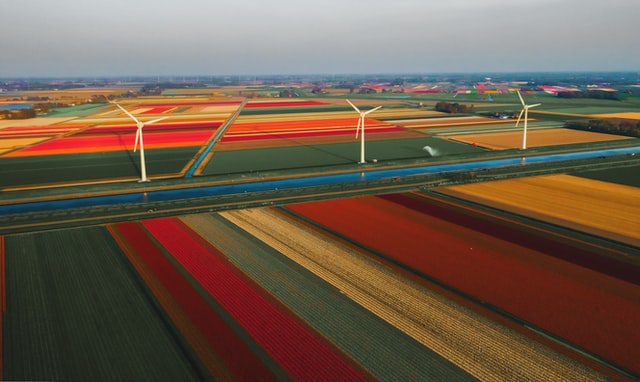
Geography and climate
It is a country located in Western Europe with overseas territories in the Caribbean. Netherlands literally means "lower countries" in reference to its low elevation and flat topography, with only about 50% of its land exceeding 1 m (3.3 ft) above sea level, and nearly 26% falling below sea level. Most of the areas below sea level are man-made, caused by peat extraction or achieved through land reclamation. The modern Netherlands formed as a result of the interplay of the four main rivers (Rhine, Meuse, Schelde and IJssel) and the influence of the North Sea. The Netherlands is mostly composed of deltaic, coastal and eolian derived sediments during the Pleistocene glacial and interglacial periods.The predominant wind direction in the European Netherlands is southwest, which causes a mild maritime climate, with moderately warm summers and cool winters, and typically high humidity.
Politics and economics
The Netherlands has been a parliamentary constitutional monarchy with a unitary structure since 1848. The country has a tradition of pillarisation and a long record of social tolerance, having legalised abortion, prostitution and human euthanasia, along with maintaining a liberal drug policy. Netherlands is described as a consociational state. Dutch politics and governance are characterised by an effort to achieve broad consensus on important issues, within both the political community and society as a whole. It is the world's second-largest exporter of food and agricultural products by value, owing to its fertile soil, mild climate, intensive agriculture, and inventiveness. Its mixed-market advanced economy had the eleventh-highest per capita income globally.The Netherlands ranks among the highest in international indices of press freedom, economic freedom, human development and quality of life, as well as happiness.
People and society
With a population of 17.6 million people, all living within a total area of roughly 41,800 km2 —of which the land area is 33,500 km2— the Netherlands is the 16th most densely populated country in the world and the second-most densely populated country in the European Union. Dutch society is egalitarian and modern. The Dutch have an aversion to the non-essential. Ostentatious behaviour is to be avoided. The Netherlands has a long history of social tolerance and today is regarded as a liberal country, considering its drug policy and its legalisation of euthanasia. On 1 April 2001, the Netherlands became the first nation to legalise same-sex marriage.
Religion and the church
The population of the Netherlands was predominantly Christian until the late 20th century, divided into a number of denominations. Although significant religious diversity remains, there has been a decline of religious adherence. The Netherlands is now one of the most secular societies in the world.

Latin Link's work in Netherlands
Latin Link has a partnership with iTeams Nederlands, who have sent people to Latin America seconded through us. We are also hoping to develop a team in the Netherlands working amongst Latin Americans.
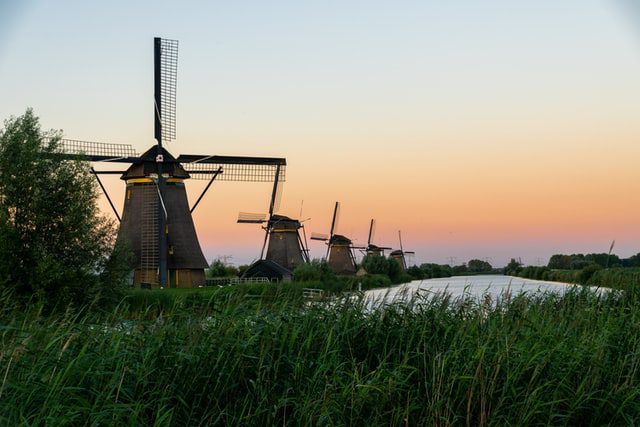
Meet our team in Netherlands
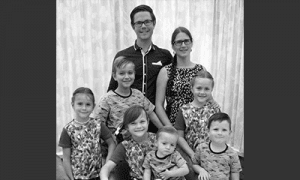
Jaap and Linda with Corné, Helen, Arianne, Jacoline, Richard and Erik, live in Sacha Runa, Shell. Jaap works as a Tropical Medicine specialist with Fundación Misión Cristiana de Salud (Christian
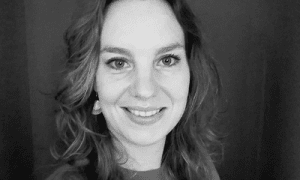
Annelien Wisse is involved in a church plant in Salta. As a Stay member she continues to develop evangelistic and discipleship ministries with children, teenagers and young women. Annelien has the
Mission opportunities in Netherlands
To find out more about mission in Netherlands, please browse our opportunities or contact us.
No items found
